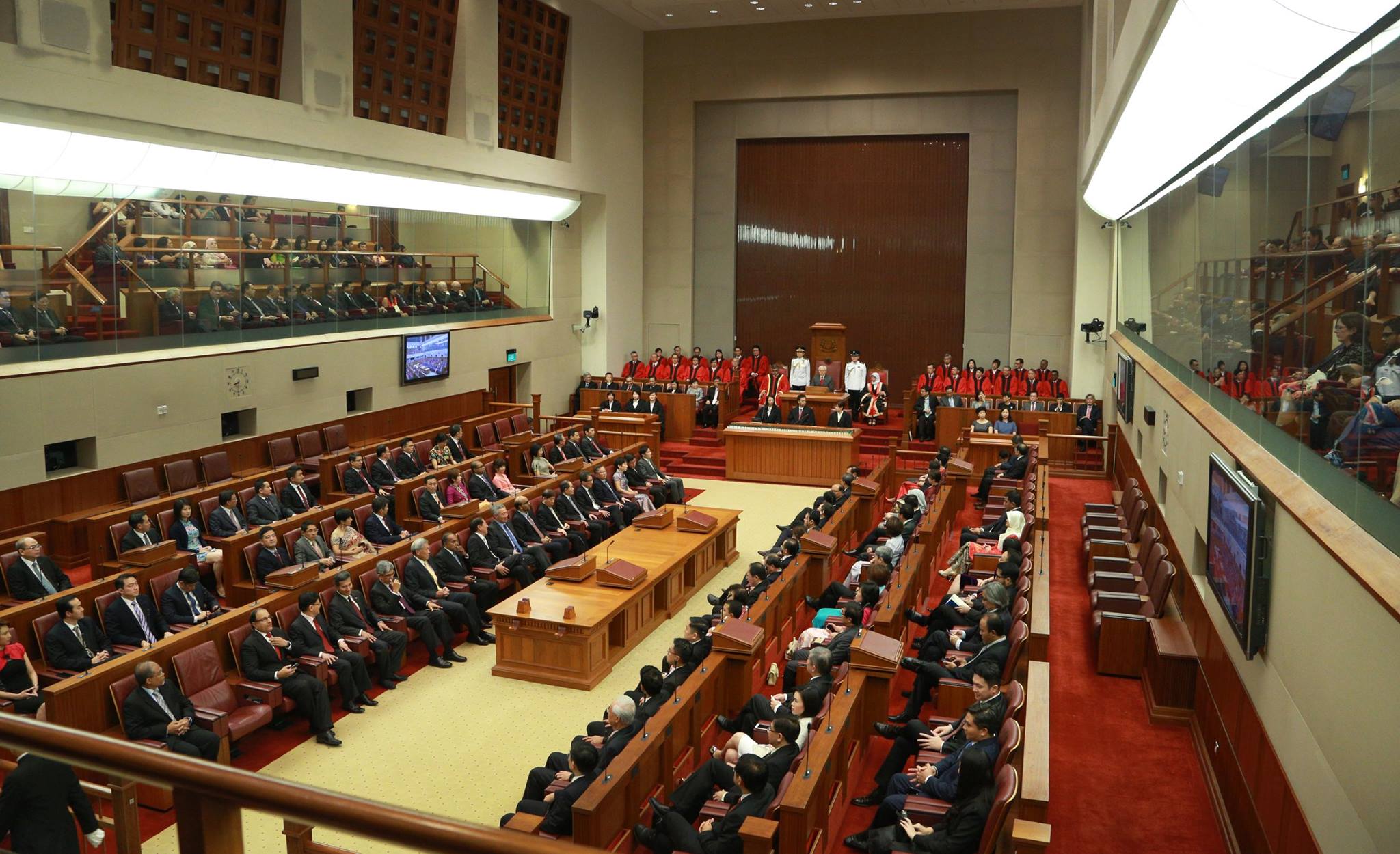PM Lee Hsien Loong spoke at the annual People's Action Party (PAP) convention on Sunday, Nov. 19 and announced that Parliament will take a mid-term break next year after the Budget.
PM Lee, who possesses a wider range of vocabulary than the average Singaporean, used a technical term -- "prorogue" -- to describe the break. So what will happen and what does that exactly mean?
Here's some background to help you understand what's going on.
What is proroguing?
The 13th Parliament was opened on Jan. 15, 2016.
Prorogation is the term for the formal end of a parliamentary session. It is an act of discontinuing a session of (a parliament or other legislative assembly) without dissolving it. Dissolution only occurs before an election.
It is a chance for Members of Parliament to take stock of their work and let the Government map out a fresh legislative programme.
The Parliament has been prorogued 11 times since independence.
When will Parliament reopen?
PM Lee said that Parliament will open again in a month’s time.
Given that the Budget Statement is usually delivered around mid- to late-February, followed by the Committee of Supply debates in early to mid-March, the new session of Parliament is likely to reconvene in April or May next year.
[related_story]
What will happen?
We will see Halimah Yacob, our first woman President opening the Parliament. She will deliver the President’s Address and set out the agenda for the second half of the government's term.
The House will then discuss the address in what is called the debate on the Motion of Thanks for the President's Address. The debate has traditionally taken place within a week or so of the address.
What's on the agenda?
On Sunday, PM Lee briefly outlined what will be the PAP government's priorities when Parliament reconvenes next year.
- Economy: Strategies and work plans are in place, including SkillsFuture SG, Workforce SG, and Enterprise SG. There is also the 23 Industry Transformation Maps (ITMs).
- Infrastructure: Continue to improve train reliability and to expand the public transport network.
- Social Resilience: Enhancing support for young families, helping old folks live and age well, and also working to ensure healthcare remain affordable to all citizens.
If you like what you read, follow us on Facebook, Instagram, Twitter and Telegram to get the latest updates.
